
Mangalore, April 22: Internships in rural areas for dental students will benefit them as well as the rural population said Dr. Dibyendu Majumdar, President, Dental Council of India.
He was speaking at a programme organized as part of the silver jubilee celebrations of Manipal College of Dental Sciences (MCODS) at TMA Pai International Convention Centre in Mangalore on Sunday.
Statng that dental students must spend the last three months of their course as interns in rural areas, Mr. Majumdar said that such an exercise will give exposure to students and serve the poor as well.
“We only treat 30% of the people in our country. The rest of the 70% live in rural areas. If students spend their internship days in rural areas whether in satellite centres, primary health care centres or through mobile clinics, it will help in better diagnosis of cancers too. More than 50-60% of the cancers in the rural areas are oral cancers and students can play a great role in its diagnosis. This would also serve the rural populace as it would be free for them”, Mr. Majumdar said.
The DCI chief also said on the occasion that clinical materials along with infrastructure are very important for dental colleges. “I have given orders to several colleges in the country giving them a year's breathing time to set their infrastructure right and arrange for the clinical materials, failure of which will result in shutting down of the institution”, he said, expressing contentment on the facilities and infrastructure that MCODS has.
Dr. V. Surendra Shetty, Dean, MCODS, presented an overall report of the institution.
Dr. H S Ballal, Pro Chancellor, Manipal University, Dr. K Narayan, Vice Chancellor, Manipal University, Dr. G K Prabhu, Registrar, Manipal University were present among others.
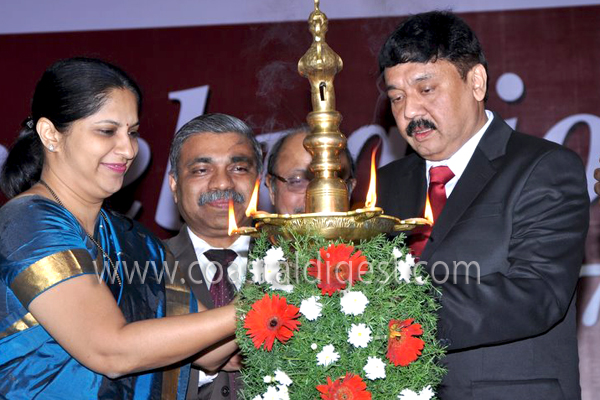
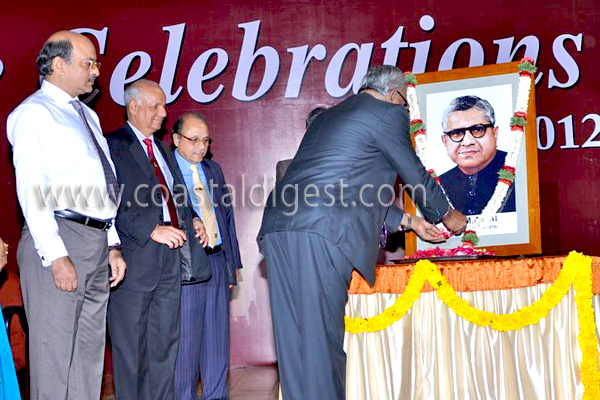

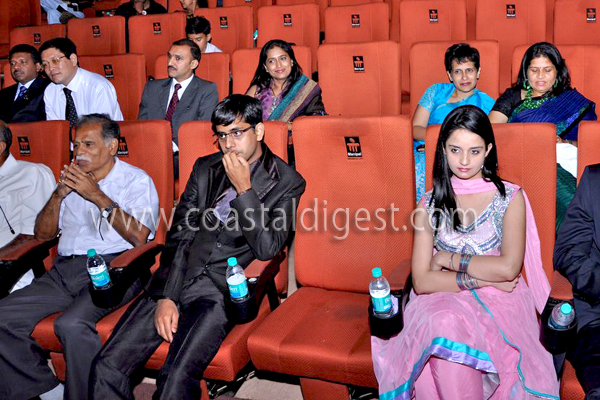
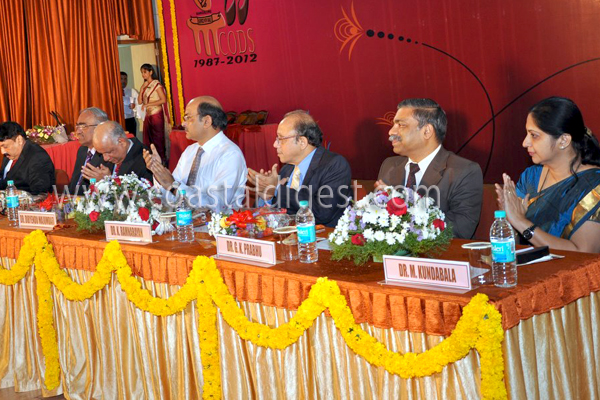
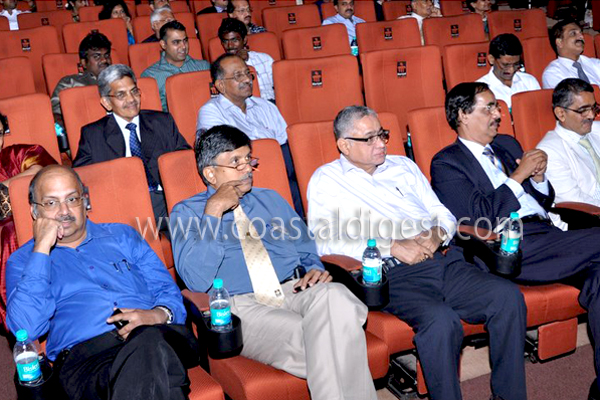







Comments
Add new comment